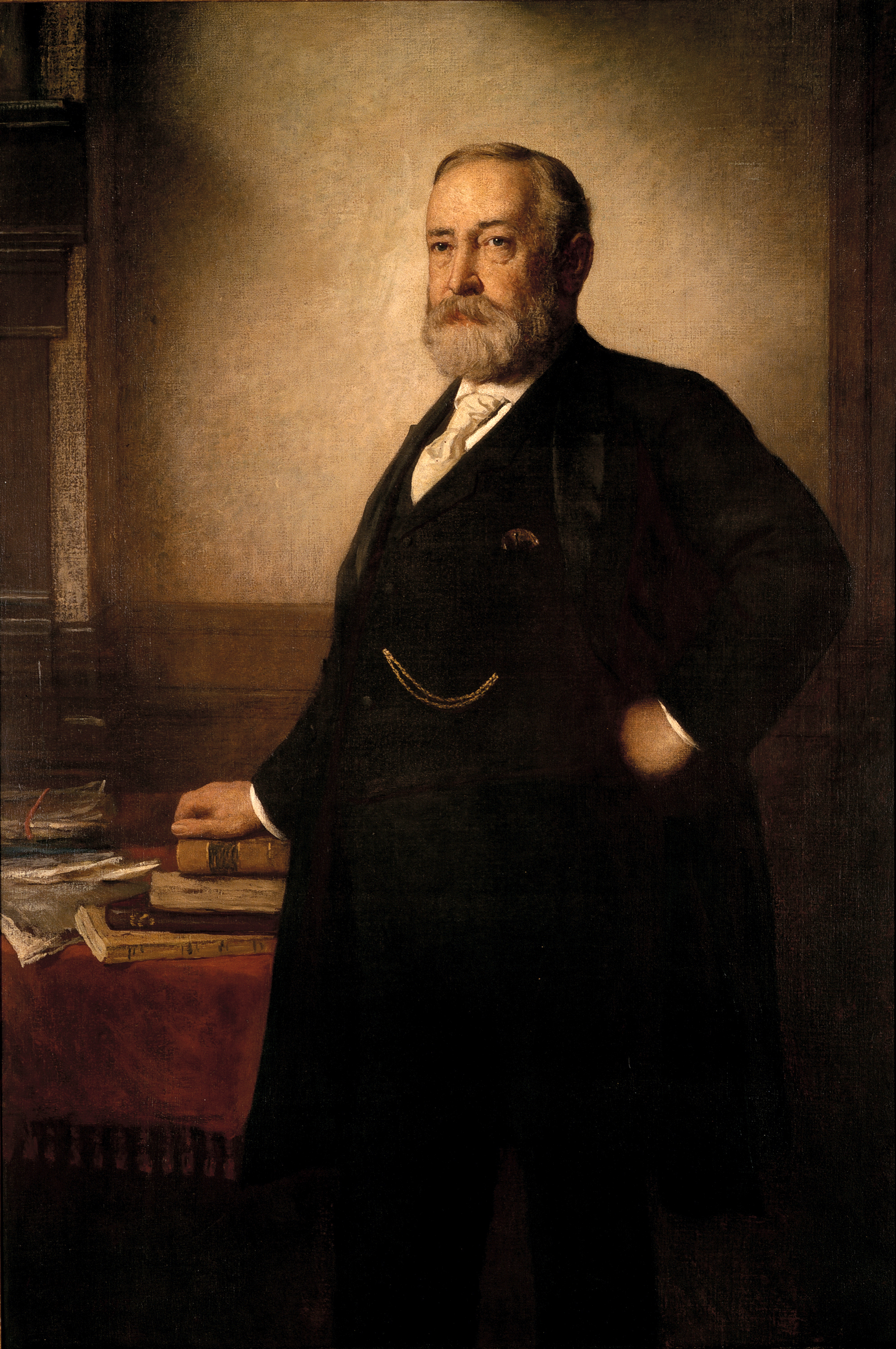“I pity the man who wants a coat so cheap that the man or woman who produces the cloth”
Speech in Rutland, Vermont (28 August 1891) as reported in The New York Times (29 August 1891), p. 5 http://query.nytimes.com/mem/archive-free/pdf?_r=1&res=9D01E0DD1339E033A2575AC2A96E9C94609ED7CF
Kontext: I cannot always sympathize with that demand which we hear so frequently for cheap things. Things may be too cheap. They are too cheap when the man or woman who produces them upon the farm or the man or woman who produces them in the factory does not get out of them living wages with a margin for old age and for a dowry for the incidents that are to follow. I pity the man who wants a coat so cheap that the man or woman who produces the cloth or shapes it into a garment will starve in the process.
